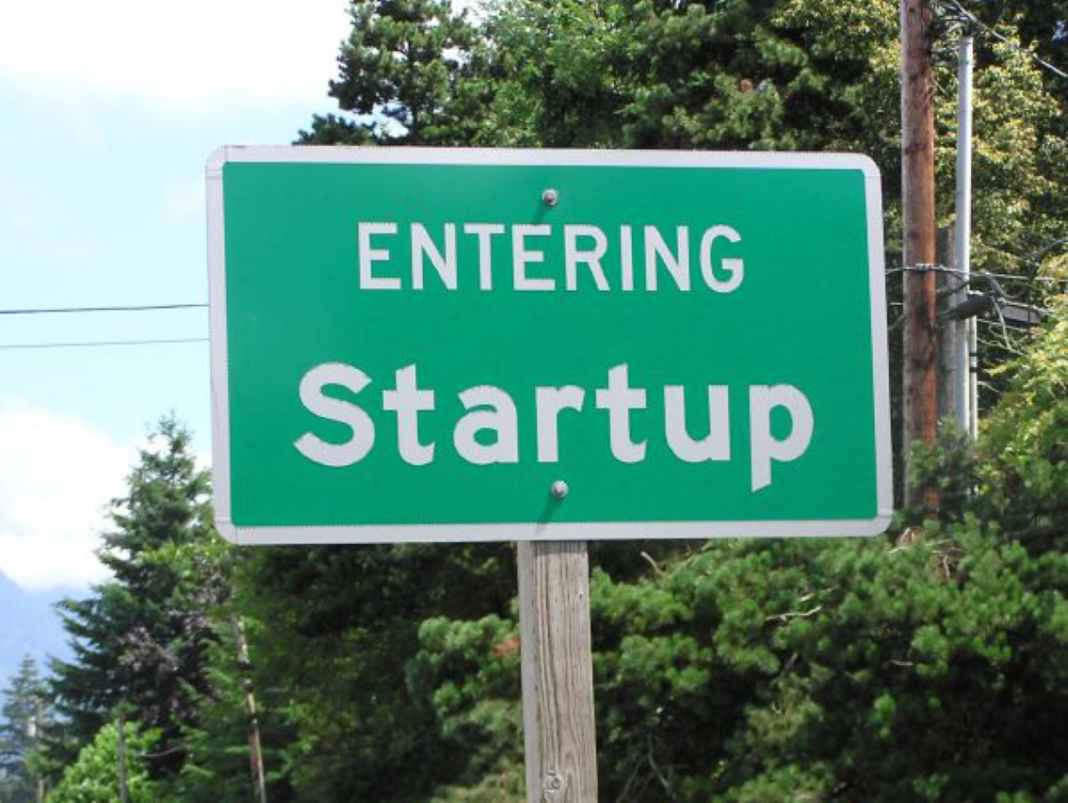|
From my 2001 book Hoover’s Vision:
Sometimes it seems like our thoughts just rattle around inside our heads. But that is not the way to really get your mind around a subject. We are at our best when information flows through us. We want to be a channel for the river, not a pond (or puddle).
If your ideas flow – through your pen to the page, through your fingers to the keyboard, out your mouth over the phone or in casual conversation, they will become so much more vivid, more practiced, more tested. When I dreamed up BOOKSTOP, I told every stranger who would listen about my idea for this new bookstore. Some thought I was crazy, some thought it sounded great, but everybody thought something. The more we think about our ideas, the more we bounce them off people, the stronger they become. Even if we find that everyone disagrees with us. Because we will interpret why they disagree, and we will either change our mind or be strengthened by their opposition.
The role of transcribing information can be a rush. We all know what it feels like to “break the news” to someone, to be the first to tell them something of major importance. Even when listening to a speech or sitting in a seminar, if we let the ideas flow into our head and down onto a note pad, they will have a more lasting effect on our mind. The more we can touch, feel, and see ideas, the better we become at handling them.
It’s a good idea to set aside a few hours each week to take in new information — whether by reading or by exploring on your own. But even better is to use those hours to flow information. When you read something, pass it on to at least one person who would find it interesting; e-mail your insights and discoveries to a friend; do your exploring with others.
Great university teachers will tell you that, in order to be satisfied, they must have great students. It is the ongoing conversation with passionate students that helps teachers’ ideas take form, that helps them articulate and better understand their own discoveries. And students are at their best if they are in turn teaching other students, discussing and debating their ideas intensely and frequently.
One of the fastest and most effective ways to learn is to become a two-way information conduit. If you have two friends who strongly disagree on some topic, try sitting between them and moderating the debate. If you can serve as a translator, helping each side understand the other, then your understanding of the issues and passions involved will grow, too.
Information is a unique commodity: we can give it away and not only still have it, but actually come out ahead. We are at our strongest when we are always learning, and at the same time sharing what we know.
|











